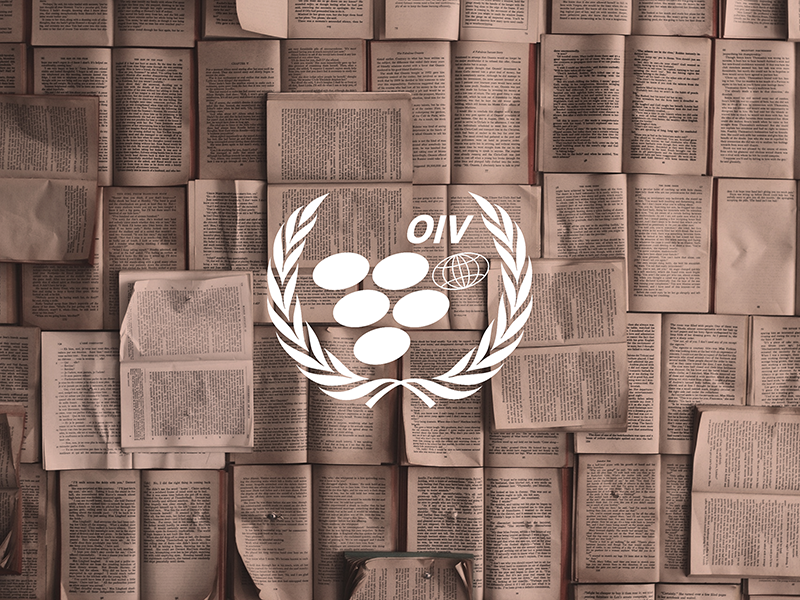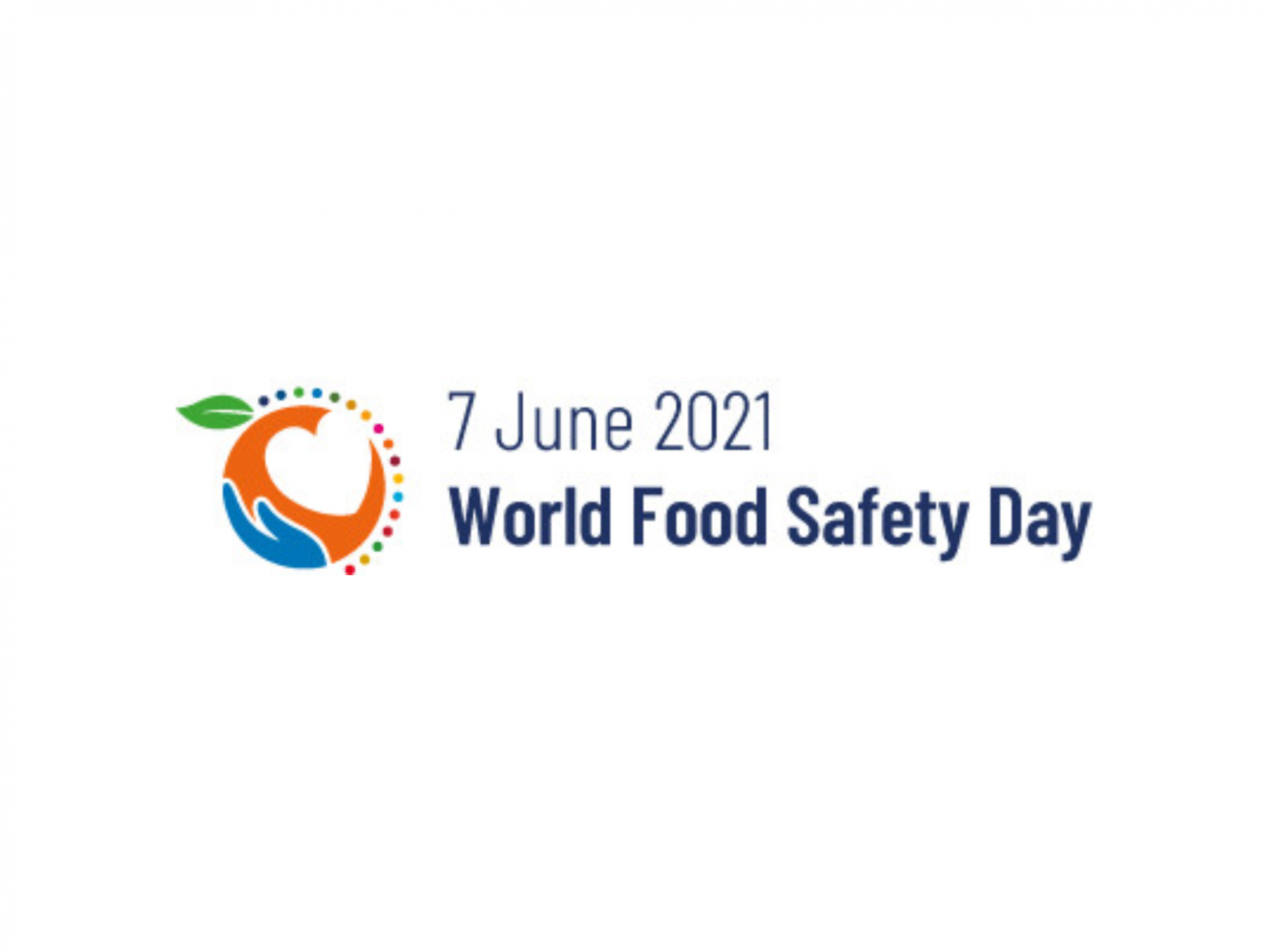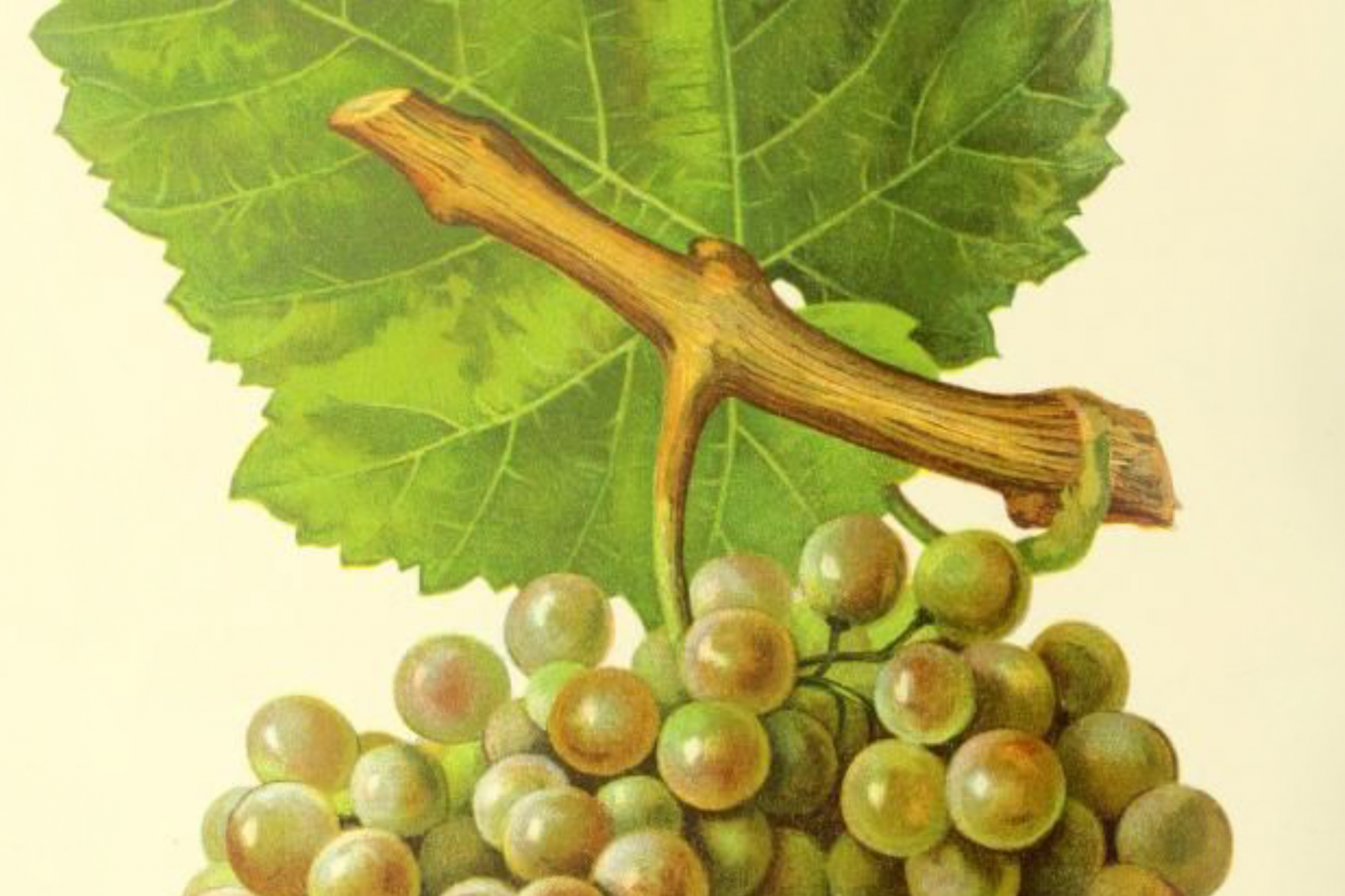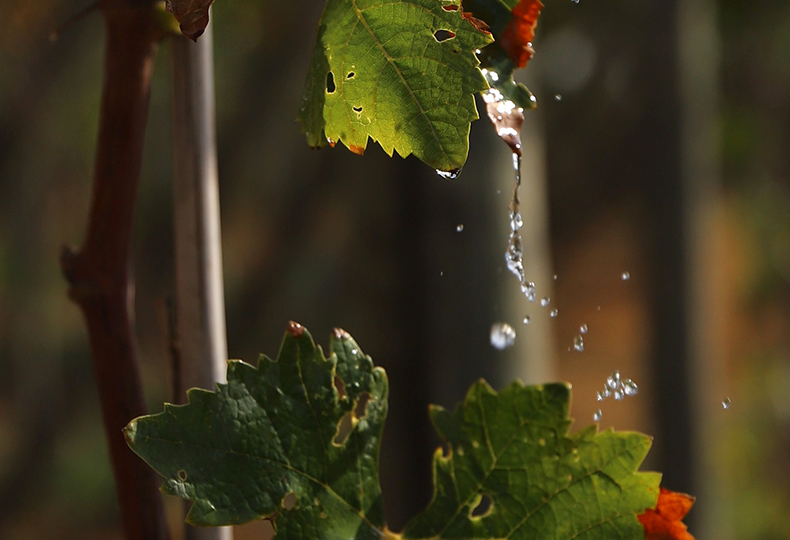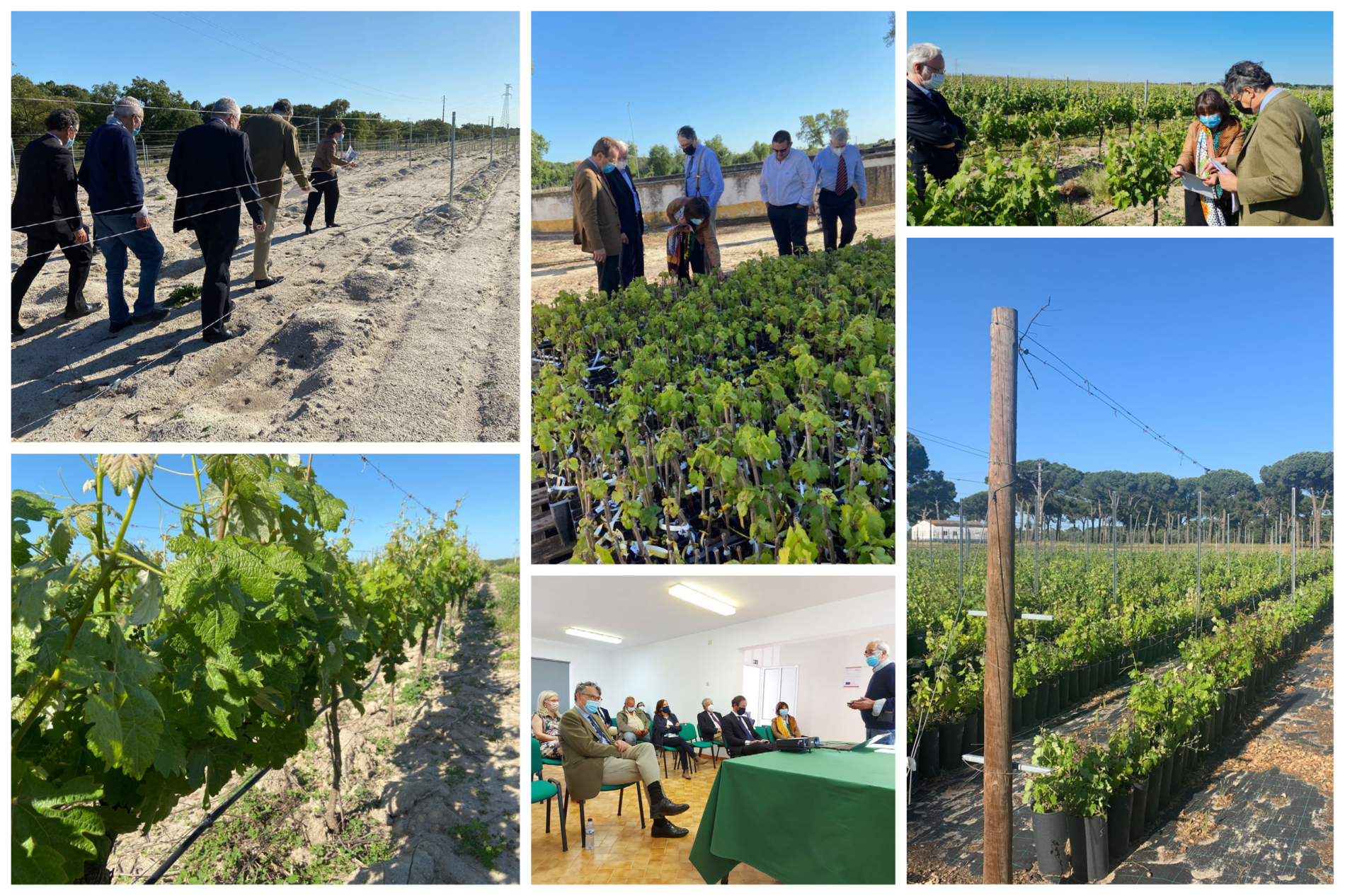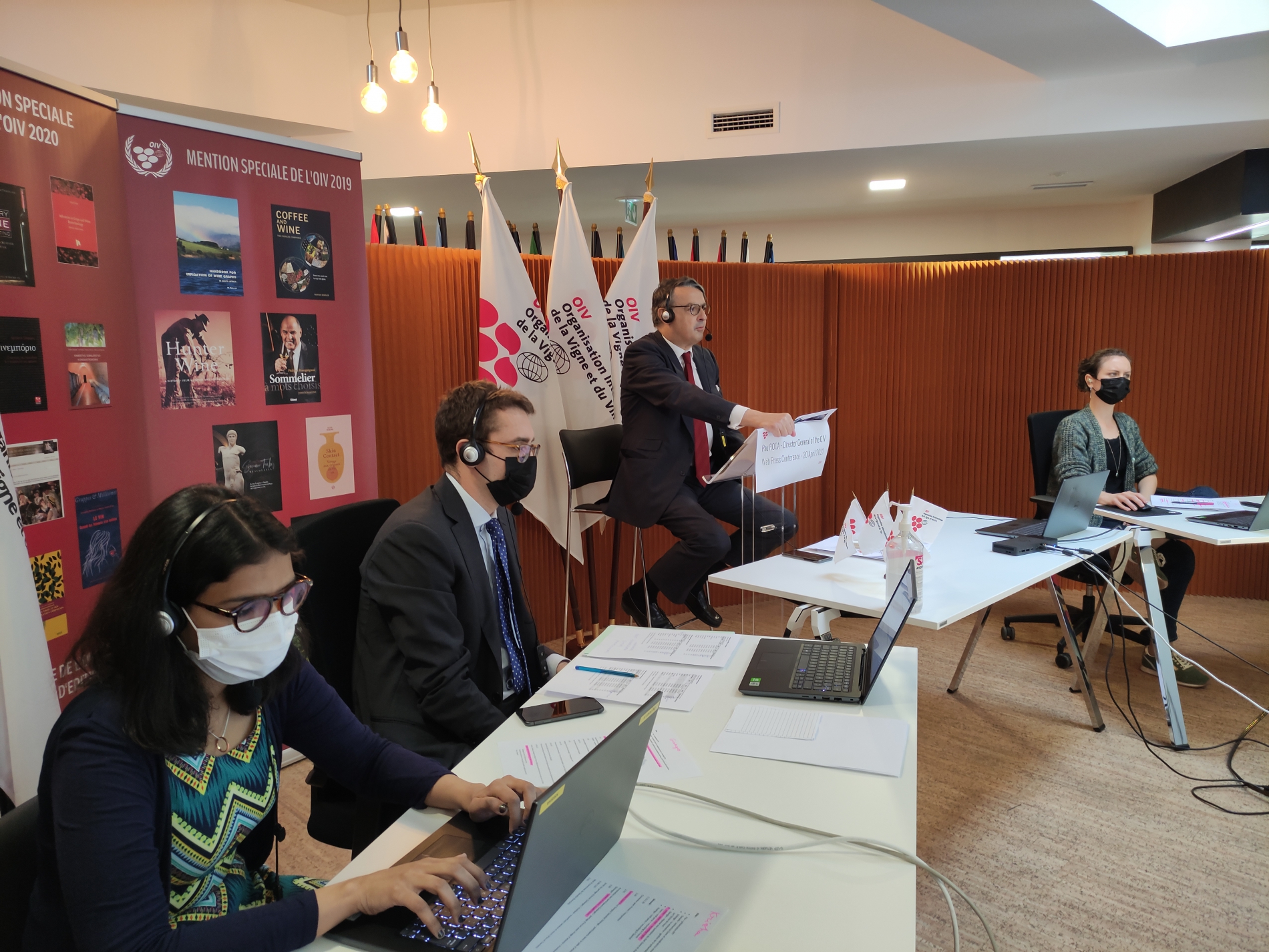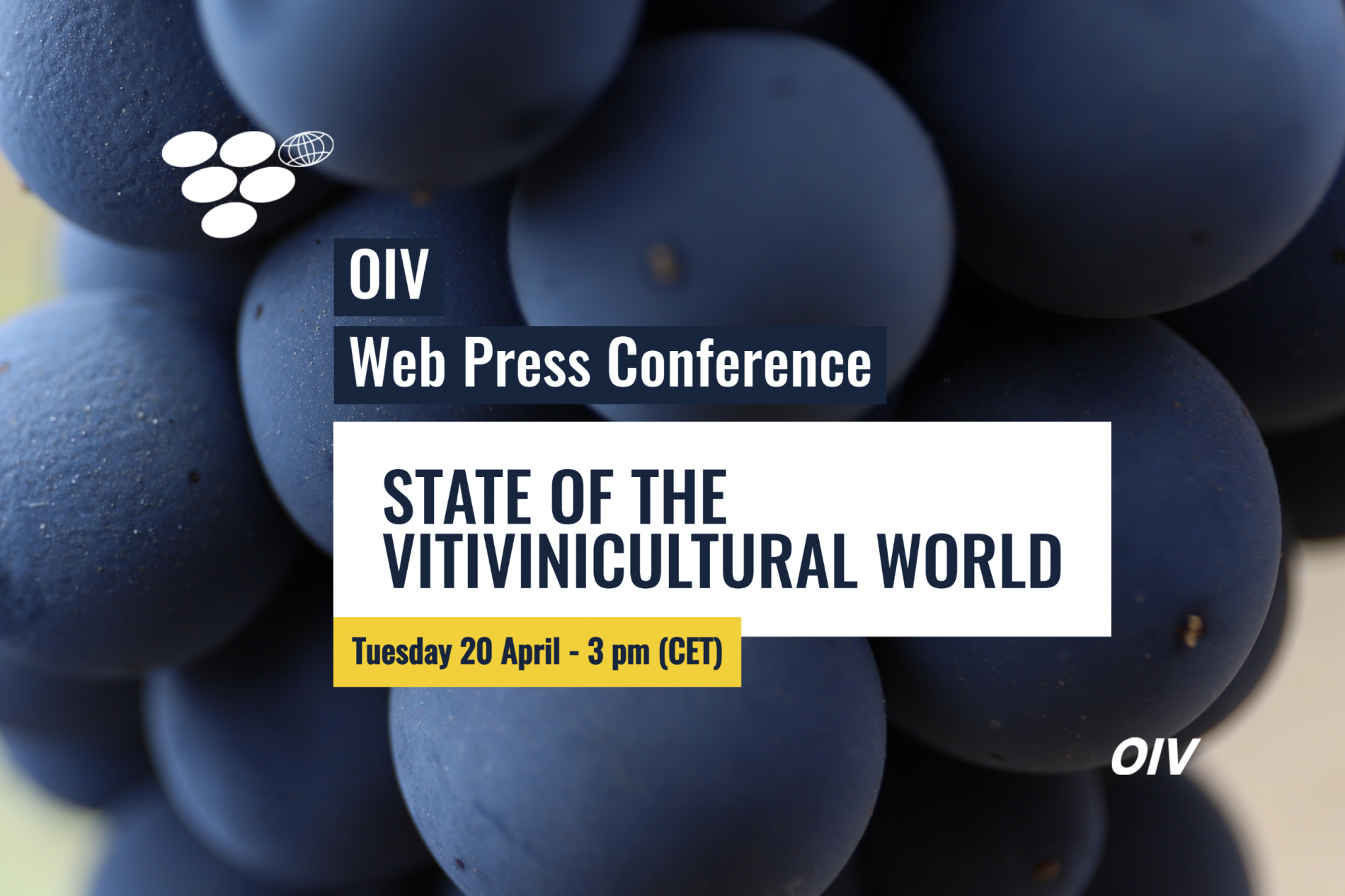09 июн 2021
08 июн 2021
By Azélina Jaboulet-VercherreTime flies and the written word remains... The difficulties of our time – yet, has there been a time in history without suffering? – remind us again and again of the need to unite in our efforts, each with our own capabilities. My intention here, therefore, is not to shake up this downturn. On the contrary, I have the pleasure of announcing the high-quality 2021 OIV Awards, to which numerous specialist readers and sector professionals around the world have done us the honour of contributing by evaluating the candidate publications. "We welcome and congratulate professionals from these two sectors who – at the OIV and in authors’ thoughts – are working together.", Azélina Jaboulet-VercherreThe writers, photographers, researchers and website creators to whom we are preparing to give recognition* demonstrate their commitment to vines, wine and their “authors”, continuing on a literary form of conviviality – in both the real and virtual worlds. This link, which goes all the way back to ancient banquets, continues to this day, thanks to them. This 2021 vintage of the OIV Awards thus looks set to take place under the auspices of harmony between tradition and renewal: tradition due to the quality of the texts, recounting advanced research work; renewal thanks to the originality of publications, both in terms of their themes and editorial creativity. The “necessity” of literature alongside wine, of the enrichment of the classical and digital global vitivinicultural library, and of the transmission of knowledge on vine and wine no longer has to be proven.We welcome and congratulate professionals from these two sectors who – at the OIV and in authors’ thoughts – are working together. Then, too, there are, I think, topics of discussion that are particularly suitable for a drinking party. Some are supplied by history; others it is possible to take from current events; some contain many lessons leading to philosophy, many to piety; some induce an emulous enthusiasm for courageous and great-hearted deeds. If one makes unobtrusive use of them to entertain and instruct one’s companions as they drink, then not the least of the evils of intemperance will be taken away.Plutarch, Table Talk, book I, question 1 (Mor. 614a-b) * Meeting at the start of September for the deliberation of the 2021 International OIV Award Jury.
06 июн 2021
On World Food Safety Day, the International Organisation of Vine and Wine (OIV) aims to draw attention to the actions of its 48 Member States as well as to promote the vitivinicultural sector as a driver of good practice and the sustainable food system. Science plays an important role in food safety. As the scientific and technical reference for the world of wine and vine, the OIV is working with other intergovernmental organisations on this year's theme: “Safe food today for a healthy tomorrow”. Consumers at the centre of the OIV's attentionFood safety requires all actors in the food chain to play their part in managing high food standards. The main objective is to provide answers to the expectations and concerns of consumers. Within this framework, the OIV develops production standards, techniques and analysis methods to guarantee the identity and authenticity of vitivinicultural products.One of the core missions of the OIV is to contribute to the protection of consumer health and the safety of the products. The "Security and Health" commission, with its "Food Safety" group of experts, is responsible for this. This expert group develops safety assessments and advice on wine treatments, processes and practices, as well as on the identification of risks for workers and consumers. Currently, the group is releasing several scientific reports on the safety assessment of various elements in wine such as aluminium, cadmium and zinc. Three OIV expertise documents on the assessment of lead, sulphites and arsenic respectively have been published.Consult files here [EN]Lead in Wine: a reviewSO2 and wine: a reviewArsenic and wine: a reviewRelated newsConsensus between the OIV and the Codex on the proposed limits on leadOIV-Codex Alimentarius cooperation on emerging issuesThe need for international cooperation To ensure food safety, international cooperation is necessary. The OIV closely collaborates with other intergovernmental bodies such as the Codex Alimentarius, the FAO and the WHO. Each of them brings its own specialisation to achieve a global vision of food safety. A recent example is the adoption of the same lead limits for wines and fortified wines/liqueurs between the OIV and Codex Alimentarius on proposals to ensure consistency in standards and international trade. It is fortunate that Codex can rely on the OIV as a technical and scientific intergovernmental organisation of reference in the wine sector.Mutualisation of information on food safety and interdisciplinary collaboration are two pillars to achieve a more resilient and sustainable agri-food system. More information on the FAO/OIV collaboration here. A commitment with sustainability The OIV's role in healthy and sustainable food is twofold: it relies on the United Nations SDGs (Sustainable Development Goals) and on the principle of sustainability.The Strategic Plan 2020-2024 and its strategic objectives have been guided by the different issues the international vitivinicultural sector has to face up to, but also by a desire to integrate, into the work of the Organisation, the 2030 outlook of the United Nations SDGs. The OIV is committed to 13 out of 17 of the SDGs, and is supporting its members in their implementation in areas relevant to its mandate of financial stability and sustainable and inclusive economic growth. Food Safety is crucial to enhance the sustainability of food systems and eradicate hunger and malnutrition in line with SDGs. Alongside, the OIV undergone a long work of consensus to reach a definition of sustainability (2004) and Guidelines for the implementation of principles of sustainable vitiviniculture (2020). The OIV believes that all collective organisation of the vitivinicultural sector should facilitate the dissemination of a holistic management culture and stimulate the development of local networks committed to sustainability Objectives.All these science based tools are meant to develop innovative, holistic and feasible “food chain” solutions. For more information please contact: Barbara Iasiello, OIV Safety & Health Head of Unit, sanco@oiv.int.
27 Май 2021
26 Май 2021
Vine sciences will be at the forefront of the global vitivinicultural stage on 6-10 September 2021 in Alcala de Henares, Madrid (Spain), with the celebrated return of the OIV International Course in Ampelography.El Encín, IMIDRA (Alcala de Henares, Spain)On 6-10 September 2021, the "El Encín" collection of vine varieties will host nationally and internationally renowned professors for 5 days of theoretical and practical in-person classes designed to allow participants to exchange, update and/or deepen their knowledge about ampelography. The practical approach will make it possible to clearly and precisely identify vine varieties in the field, pointing to all the key characteristics to recognise these.Places are limited and course registration is open until 31 July 2021! To register, send an email to oivampelography@oiv.int.
Complete information and detailed programme hereRelated reading:The OIV works to disseminate ampelographyThe OIV International Course in Ampelography is back!
25 Май 2021
Water resources, at global, regional and local levels are now recognised to be under severe pressure. Sustainable use of water has now become a societal, environmental, industry and business imperative across the globe, and a core policy for many governments, industries and commercial entities. Increasingly, social licence shall be dependent on the sound environmental credentials of all players in the supply chain, with sustainable water use as a leading theme. Many vineyard areas in more recently developed, semi-arid or arid regions have annual rainfall which cannot reliably support modern viticultural systems. Meanwhile, in other long-established systems, rainfall quantity and reliability has become inadequate or unreliable, making it difficult to meet supply chain demands for quality and supply assurance.Production systems have been further differentiated and adapted in the light of local conditions and resource availability (including water), informed by experience and relevant R&D, and according to the requirements of continually evolving markets.The document has been drafted by the Viticulture Commission’s “Vine Protection and Viticultural Techniques” (PROTEC)In this sense, the “Sustainable Use of Water in Winegrape Vineyards” document is intended to outline key, universally relevant principles specific to the activity of growing Winegrape vineyards, bearing in mind that variability in regional resource and environmental considerations, site characteristics and enterprise circumstances may be substantial, so requiring adaptation in practice to individual circumstances.The document has been drafted by the Viticulture Commission’s “Vine Protection and Viticultural Techniques” (PROTEC) Group and revised by other OIV Commissions.* OIV Scientific and Technical Committee chart
This document is freely available here [EN]Another step towards sustainabilityThe OIV adopted in 2018 the resolution OIV-VITI 569-2018 “OIV protocol for the sustainable use of water in viticulture” whose main objective is to define good water management practices based on principles of sustainability established in the OIV-CST 518-2016 resolution “OIV general principles of sustainable vitiviniculture - environmental - social - economic and cultural aspects”. The OIV, aware that this resolution should be accompanied by a document that spelled out certain technical and scientific aspects, decided to create a document of collective expertise within the PROTEC Group, with the objective that this document could be a tool for reference and guidance for the sector regarding the sustainable use of water. Furthermore, this document seeks to respond to the objectives of the OIV’s Strategic Plan for the period 2020-2024, particularly axis 1 “Promote environmentally-friendly vitiviniculture” through points B and C: “Improvement of environmental performance” and “Preservation of natural resources”. A tool for reference and guidance for the sector available on open source*OIV collective expertise documents are not submitted to the Step Procedure for Examining Resolutions and can under no circumstances be treated as OIV resolutions. Only resolutions adopted by the Member States of the OIV have an official character
10 Май 2021
The pandemic halted important activities such as direct contact with Member countries at their working environment. The evolution of the sanitary conditions brings new signs of optimism, allowing the return of physical meetings, even if under strict conditions. The official visit of the Director General of the OIV, Pau Roca, to Portugal last week is proof of this. It represents the kick-off for future visits to different countries, aiming to strengthen the important contact with its 48 Member Countries.Portugal: a founding member of the OIV since 1924 During the two days spent in Portugal, Pau Roca participated in several activities with different representatives of the sector. On 5 May, accompanied by the President of the Instituto da Vinha e do Vinho (IVV), Bernardo Gouvêa, the OIV Director was received by the Portuguese Minister for Agriculture, Maria do Céu Antunes. A meeting where the strong cooperation and dynamism of the country with the OIV were highlighted.Meeting with the Portuguese Minister for Agriculture, Maria do Céu Antunes© Ministério da Agricultura de PortugalThe following day, ACIBEV: Associação de Vinhos e Espirituosas de Portugal (Association of Wines and Spirits of Portugal), organised a hybrid conference in which the Director General spoke about the State of the Vitivinicultural World in 2020. A presentation followed by session of questions & answers with the participation of personalities from the Portuguese wine sector. In the conference opening speech, ACIBEV’s President Jorge Monteiro welcomed the OIV Director, thanking him for his presence and contribution to the sector. Considerations shared by Bernardo Gouvêa, who showed his high appreciation of the work developed by the OIV and its close relation with Portugal, when closing the conference. To top the agenda, on the same day Pau Roca had the opportunity to visit the Experimental Centre for the Conservation of the Variability of Autochthonous Grapevines, managed by the Portuguese Association for Grapevine Diversity (PORVID*) under a partnership protocol signed with the Portuguese Ministry of Agriculture.Portuguese research reflected in OIV resolutions This centre, managed by PORVID, is a pioneer infrastructure dedicated to the integral conservation of grapevine varieties’ diversity (intravarietal diversity) aiming to add value, adaptability and sustainability to vitiviniculture. Ten years after its foundation, over 30 000 genotypes are already conserved with the final aim being to secure 50 000 of all 250 varieties native of Portugal.This living genetic bank materialises innovation from knowledge through the provision of polyclonal selections for both grape growers and winemakers, a novel methodology created in Portugal and, since 2019, recognised by the OIV through a resolution unanimously adopted by all its Member Countries. This recognition made the methodology globally accessible, opening the path for global conservation of the original diversity of ancient grapevine varieties in vineyards across the world. See resolution OIV-VITI 564B-2019A result of the work developed by the centre could be appreciated at the end of the visit with a tasting of wines experimentally made from little known Portuguese varieties. The tasting was guided by António Graça, OIV’s ENVIRO’s expert group Secretary who represents Sogrape at PORVID. Sercialinho, Tinta Francisca or Touriga Fêmea were among the tasted wines, varieties that according to Graça “could be extinct nowadays if this conservation work had not been started 40 years ago”.Pau Roca thanked the visit and the presentation of the project, stating that "in this type of approach for the conservation of biodiversity and understanding of nature lies the future of world vitiviniculture". The OIV Director General concluded by congratulating those responsible for the results already visible and for involving the OIV in its worldwide dissemination.Sercialinho, Tinta Francisca or Touriga Fêmea were among the tasted wines, varieties that according to Graça “could be extinct nowadays if this conservation work had not been started 40 years ago”.*About PorvidPORVID is a non-profit association created in 2009 with the objective of conserving and adding value from the genetic diversity and wild populations of grapevines. In 2010, the Portuguese Ministry of Agriculture signed a protocol with PORVID for the creation of the Experimental Centre for the Conservation of Variability of Autochthonous Grapevines, placing it under its management for a period of 50 years. Integrated by a municipality, public institutes, universities, technical associations, private companies and independent entrepreneurs, PORVID surveys and collects extinction-threatened grapevines from old vineyards, giving priority for those marked for plucking-off and conserves them in collections of each variety’s diversity that eventually become objects of study. The knowledge generated by these studies becomes the basis for polyclonal selections allowing growers to plant vineyards that synergize economic efficiency with resilience and sustainability. Having published a relevant corpus of scientific papers, PORVID also supports diversity conservation efforts beyond Portuguese borders.
19 апр 2021
Speaking from the OIV’s headquarters in Paris, by web conference, Director General Pau Roca presented on 20 April, information on wine production, consumption and international trade in 2020. Read Press ReleaseOIV State of the vitivinicultural world in 2020 reportPPT PresentationWatch the replay
07 апр 2021
To attend this press conference, journalists are kindly asked to send register with their name and professional contact details here.Date: Tuesday 20 April 2021Time: 3pm CETLocation: Zoom, YouTube live streamingLanguage: EN, FR, ES
05 апр 2021
General purpose and how will the course be organisedThe main objective is both to train professionals and experts in the field of “Ampelography and Genetic Resources”, and to create a pole and experts network who can exchange continuously around this important topic for the vitivinicultural sector. To achieve this, the courses are designed in collaboration with international actors and the OIV relied on the knowledge and experience of important technical, research and training centres from France and Spain:
- France - Montpellier, in cooperation with IFV (Institut Français de la Vigne et du Vin), INRAE (l’Institut national de recherche pour l'agriculture, l'alimentation et l'environnement ) and the Institut Agro Montpellier SupAgro -, with its extensive experience in this area, was initially scheduled to run the course in July 2021. Given the international health context and in order to provide better conditions for the participants, this important worldwide ampelography centre has decided to postpone the course due to force majeure to July 2022.
- Spain - Madrid. For its first edition1 the OIV International Course in Ampelography should take place at the beginning of September 2021 with the Vine Varieties Collection of "El Encín", Alcalá de Henares (Madrid), belonging to IMIDRA (Instituto Madrileño de Investigación y Desarrollo Rural, Agrario y Alimentario). It is an important centre of reference in the Community of Madrid and Spain where the agri-food and agro-environmental research projects are carried out.
- Language: Spanish / English / French
- 15 participants in order to respect social distancing
- 5-day course
- Practical, leading-edge knowledge
- Highly-qualified teachers from various countries
- The assurance of an international network of experts in the field
- Yearly registration (each country edition will require its own registration procedure)
- An OIV course certificate in ampelography
Related news
